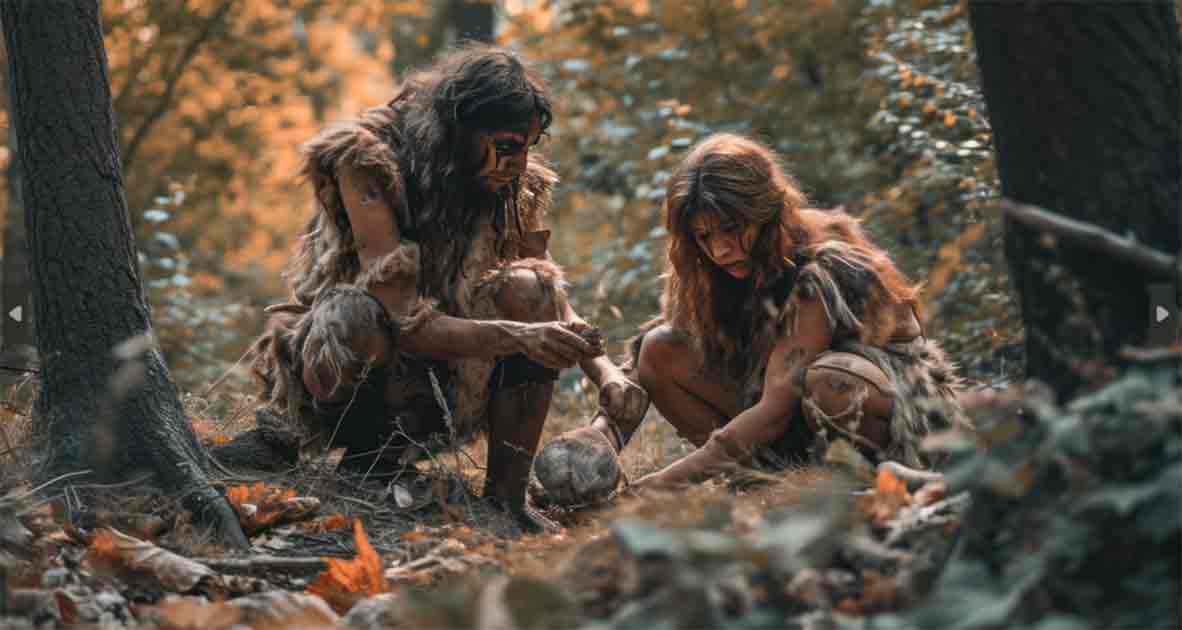How Did We Discover Fermentation? (Video)
The evolution of fermentation traces back millions of years, intertwined with the dietary habits of our primate ancestors. As they foraged on the forest floor, scavenging fallen fruits, they unwittingly encountered fermented treats. This natural process, driven by bacteria and yeast, converted carbohydrates into ethanol, yielding a newfound source of calories. Over eons, our ancestors adapted, developing the ability to safely metabolize these fermented foods, paving the way for a diverse range of fermented delicacies we enjoy today.
- Mexico Sees Resurgence of Pulque, Ancient Alcoholic Beverage of Mesoamerica
- 12 Ancient Foods That We Still Love Today
Scientific inquiry into this ancient relationship requires interdisciplinary sleuthing, drawing from genetics to experimental archaeology. While fermented foods leave scant traces in the fossil record, their impact on human evolution is profound. Microbes, like lactic acid bacteria, played a pivotal role, creating environments hostile to harmful bacteria through the production of acids or alcohol.
Moreover, our evolving sense of taste likely guided our ancestors toward fermented foods rich in vital nutrients. Bitterness, often a warning of toxicity, may have helped identify potentially hazardous substances, while sourness signaled nutritious fermented foods. The preference for umami, associated with fermented products, suggests an evolutionary adaptation to pre-digested, nutrient-rich foods.
Through trial, error, and adaptation, our ancestors unlocked the nutritional benefits of fermentation, shaping not only our diets but also our evolutionary trajectory. From the forest floor to the modern table, fermentation remains a reminder of our enduring relationship with microbes and the ingenuity of human evolution.
Top image: Image representing ancient ancestors in field collecting food. Source: Joyce/Adobe Stock
















